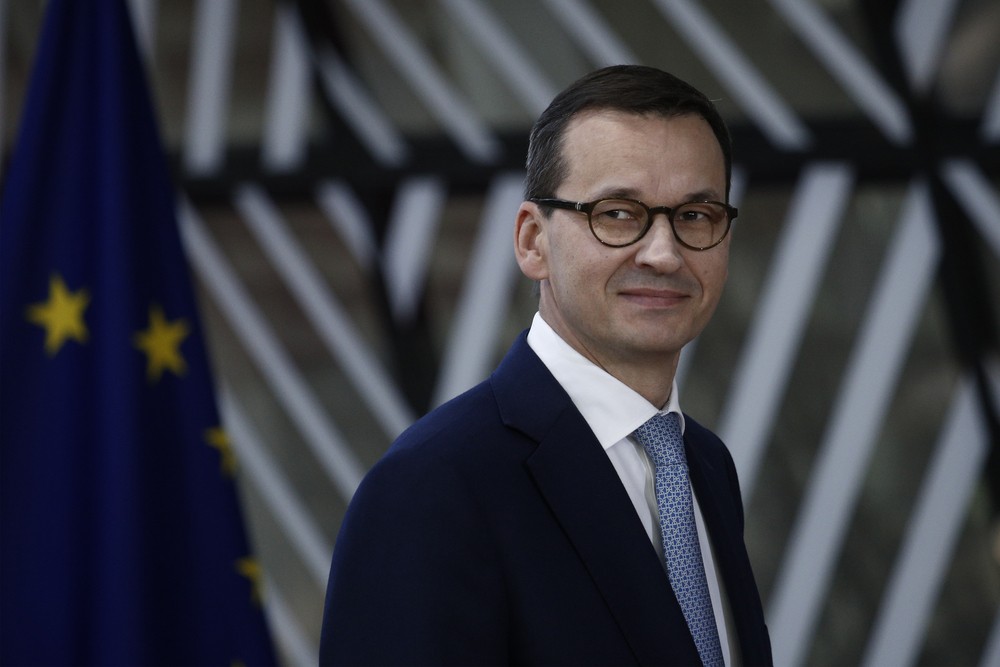Ahead of today’s European Union summit, prominent politicians have expressed their differing stances on the recently agreed migration reform. The reform requires EU member states to provide mandatory assistance to countries overwhelmed by asylum seekers. While German Chancellor Olaf Scholz and Italian Prime Minister Giorgia Meloni defended the reform, Polish Prime Minister Mateusz Morawiecki criticized it as unfair and unacceptable for his country. Diplomats anticipate a lengthy debate on migration during the summit, but it is unlikely to yield any binding outcomes.
In early June, EU states reached an agreement to reform the inefficient asylum and migration rules, aiming to streamline the processing of asylum claims and alleviate the burden on certain states. However, Poland and Hungary have refused to comply with the provision that requires less-burdened states to accept some migrants or offer financial and material assistance.
“We will safeguard Poland’s right to make decisions regarding its own security,” Morawiecki stated as he arrived at the summit. He announced that Poland would propose strengthening border protection against migration and urged the EU to allocate more funds for this purpose. Additionally, Morawiecki called for the reform of the border agency Frontex. He argued that the EU should make unanimous decisions on migration matters, thereby impeding the adoption of the reform.
In contrast, a significant number of countries support the agreed-upon pact. Scholz emphasized that it should enhance the situation at the EU’s borders by expediting the procedures for returning rejected applicants. However, he also stressed that the EU should not reject migration as a whole.
Describing the reform as a success, the Italian prime minister, whose country serves as the primary gateway for migrants arriving in Europe through the Mediterranean, expressed her approval before the meeting.
The migration reform has not yet been discussed in the proposed summit conclusions. Leaders are primarily focusing on less contentious issues, such as providing support to countries from which people are migrating to Europe.
Fiala, a political figure, highlighted the importance of strengthening the Union’s cooperation with neighboring countries following the recent agreement of EU interior ministers on migration policy. He underscored that the government is building upon the actions of the previous administration on migration and rejected calls to block the Interior Ministers’ agreement from the opposition ANO movement.
Fiala stated, “Blocking the council makes no sense; other European institutions are making decisions.” He noted that the agreement aligns with the long-term positions of the Czech government, reinforcing the EU’s external borders, facilitating a more effective return policy, and excluding any quotas.
However, Fiala emphasized that the interior ministers’ agreement alone is insufficient. European leaders must prioritize strengthening cooperation with neighboring EU countries and Europe as a whole, thereby exerting pressure to control migration at external borders. He advocated for sensible cooperation with third countries, leading to negotiations with like-minded EU nations to implement asylum procedures in third countries or expedite the transit of refugees to cooperating third countries.


















